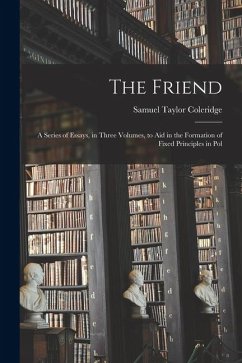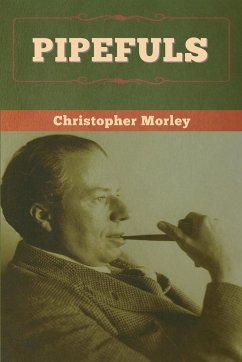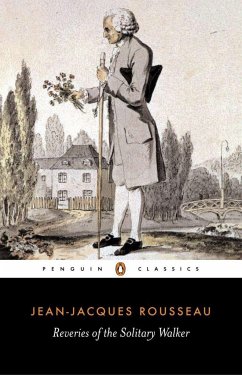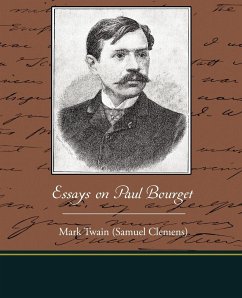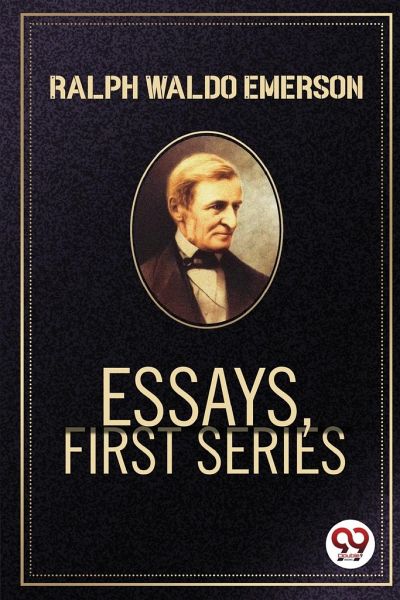
Essays, First Series
Versandkostenfrei!
Versandfertig in 1-2 Wochen
20,99 €
inkl. MwSt.
Weitere Ausgaben:

PAYBACK Punkte
10 °P sammeln!
All individual males have the same thinking. Every guy serves as a gateway to the same and the same. A person who has once been granted the right of reason becomes a freeman of the entire estate. He is capable of thinking what Plato thought, feeling what a saint felt, and understanding anything that has ever happened to a man. Anyone who has access to this global mind is a participant in all that is or may be done since it is its independent agent. History is the repository of this mind's achievements. The entire series of days serves as an example of its brilliance. Nothing less than all of h...
All individual males have the same thinking. Every guy serves as a gateway to the same and the same. A person who has once been granted the right of reason becomes a freeman of the entire estate. He is capable of thinking what Plato thought, feeling what a saint felt, and understanding anything that has ever happened to a man. Anyone who has access to this global mind is a participant in all that is or may be done since it is its independent agent. History is the repository of this mind's achievements. The entire series of days serves as an example of its brilliance. Nothing less than all of human history can explain who we are.The human spirit sets out from the beginning to take on every faculty, every idea, and every feeling that belongs to it in the right situations without rushing or taking a break. A man is a walking encyclopedia of knowledge. One acorn may grow into a thousand kinds of wood, and the first man already had Egypt, Greece, Rome, Gaul, Britain, and America rolled up inside of him. Every period, including camp, kingdom, empire, republic, and democracy, is only the result of his multifaceted spirit being applied to the multifaceted reality.






